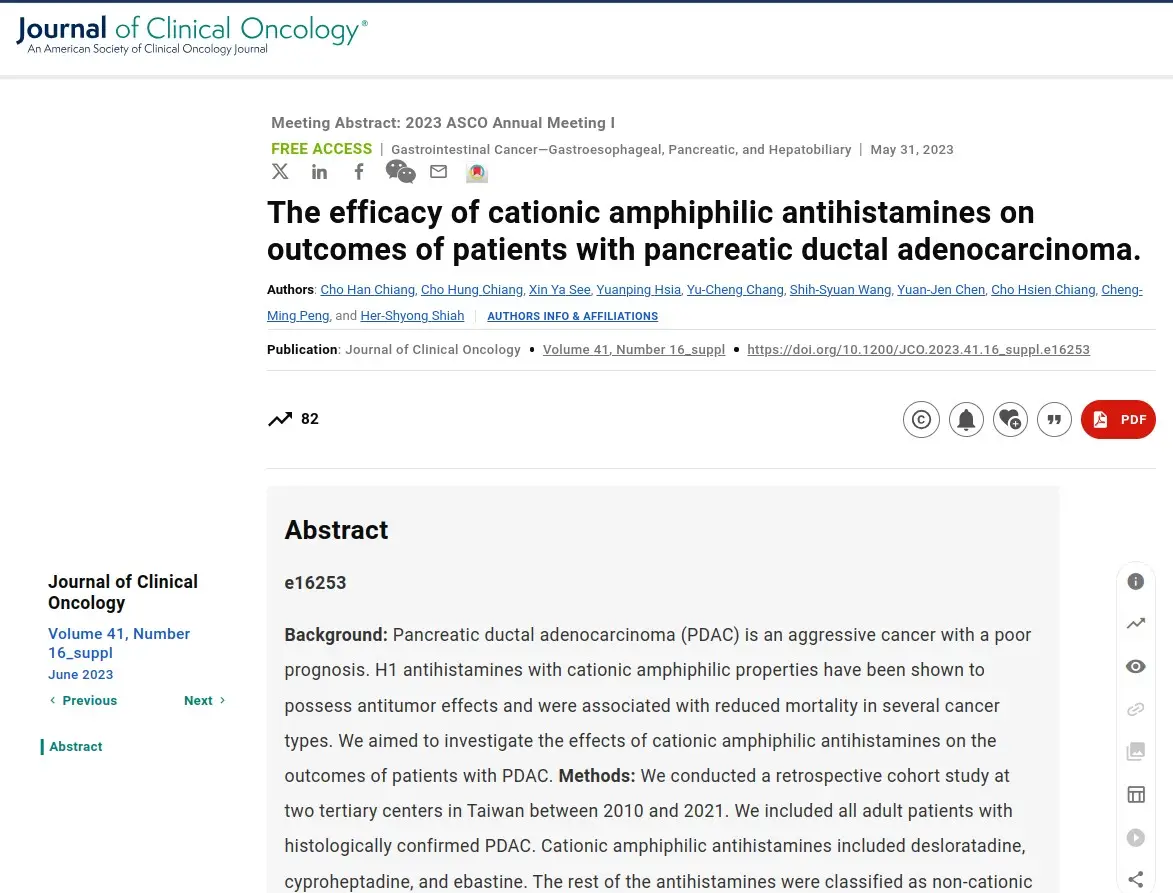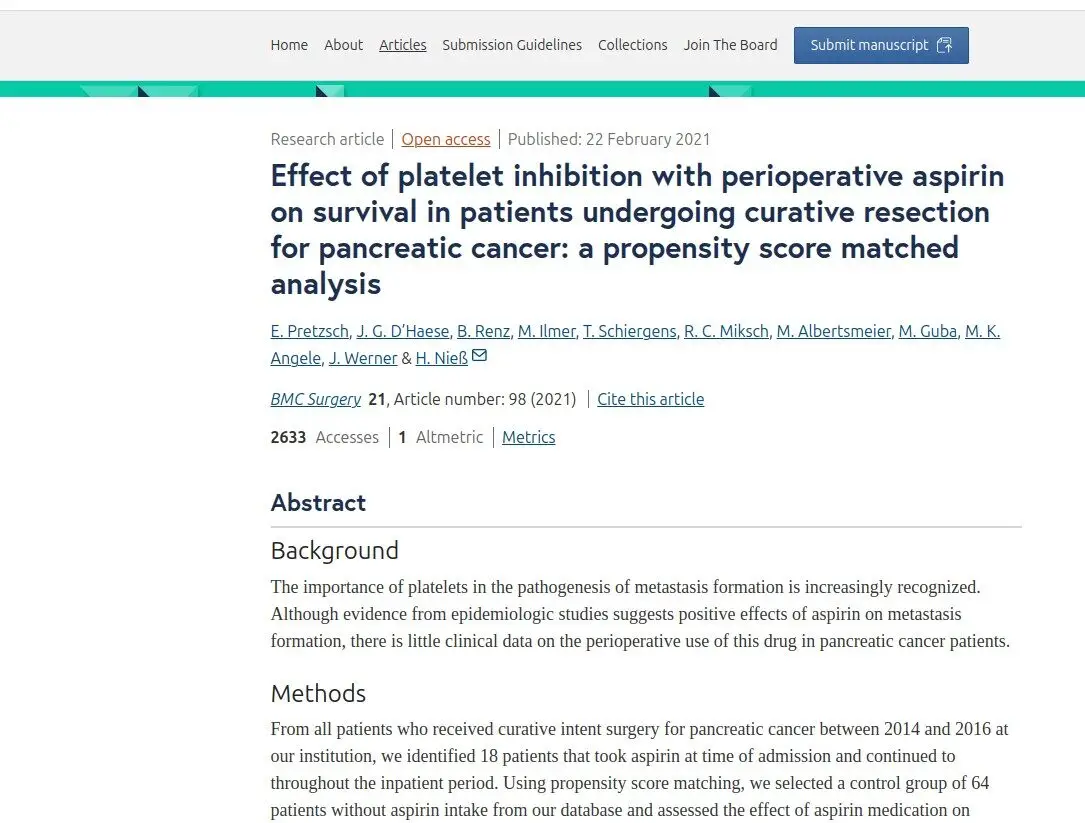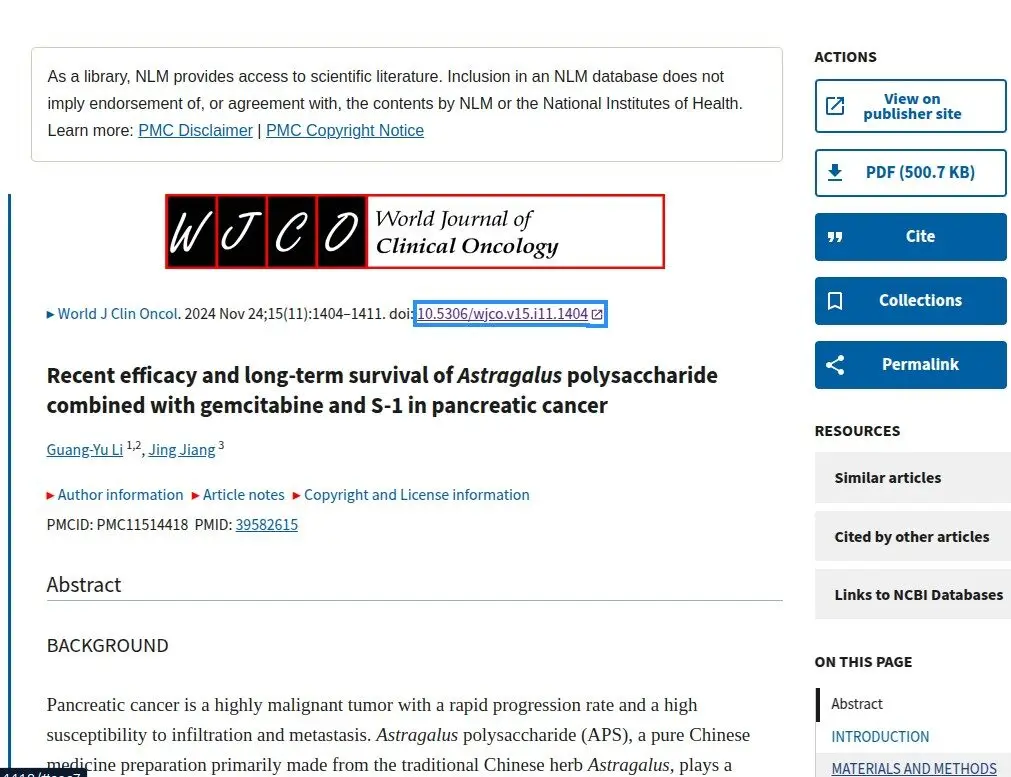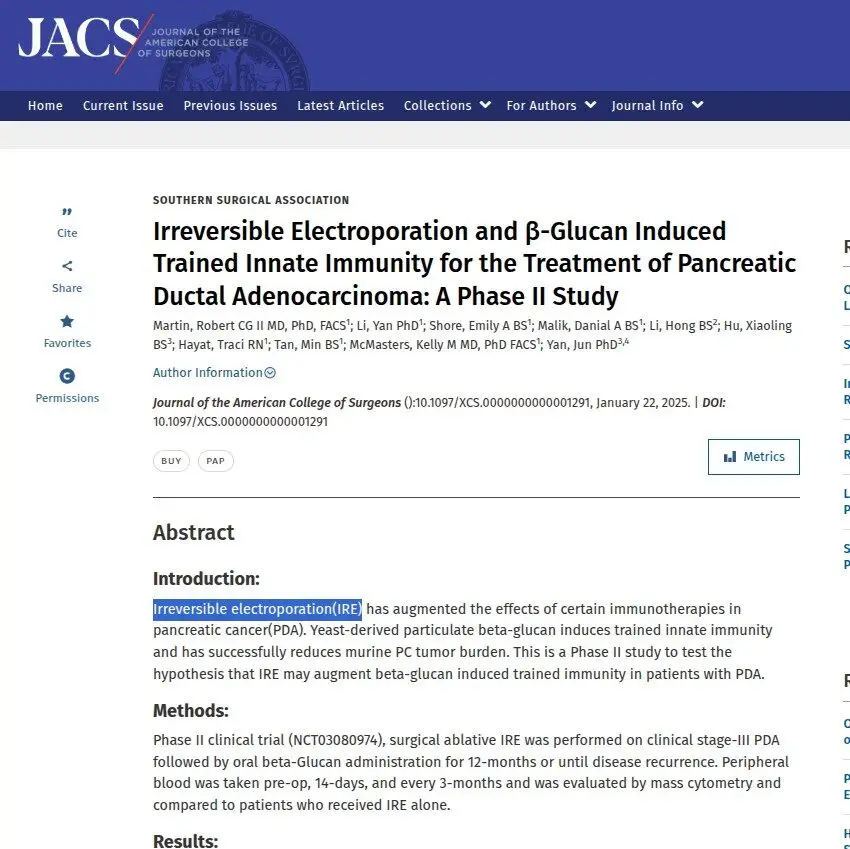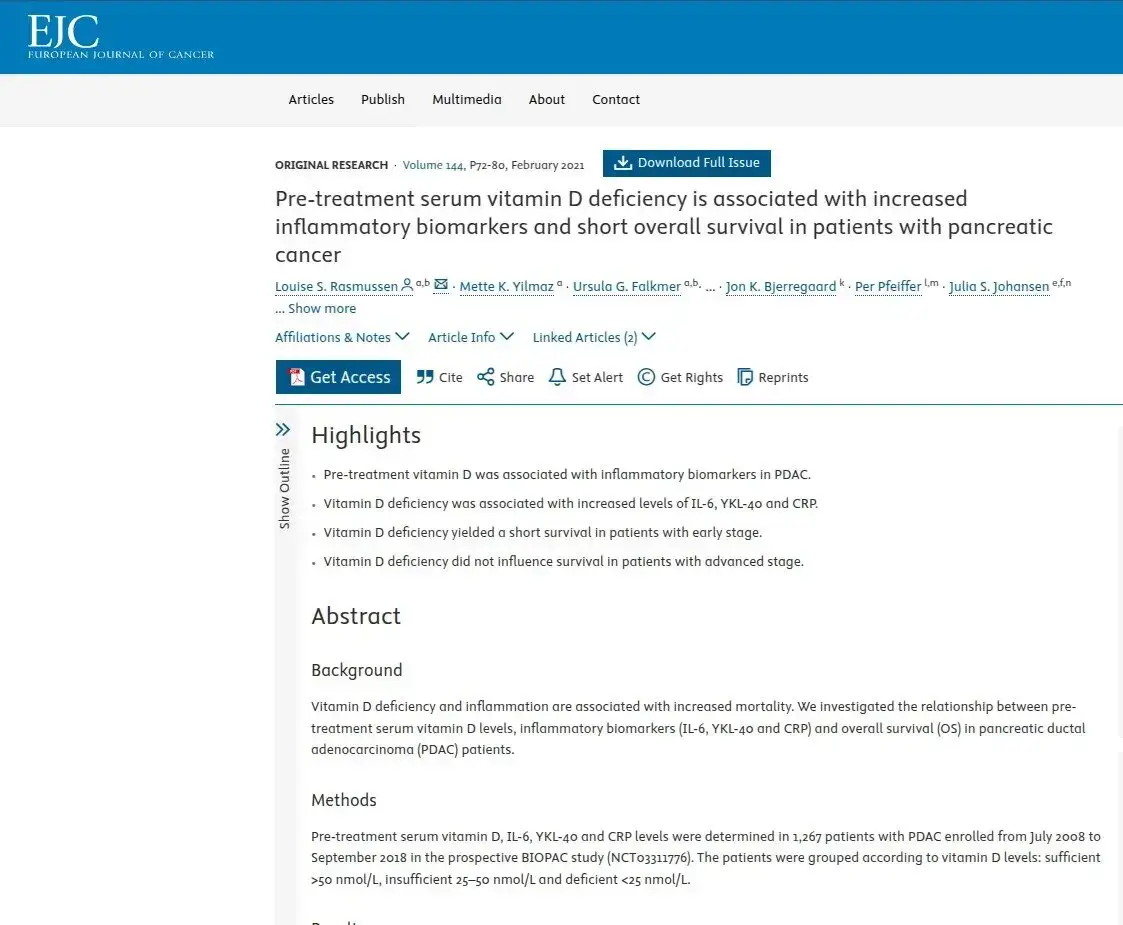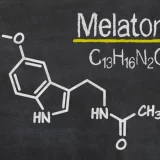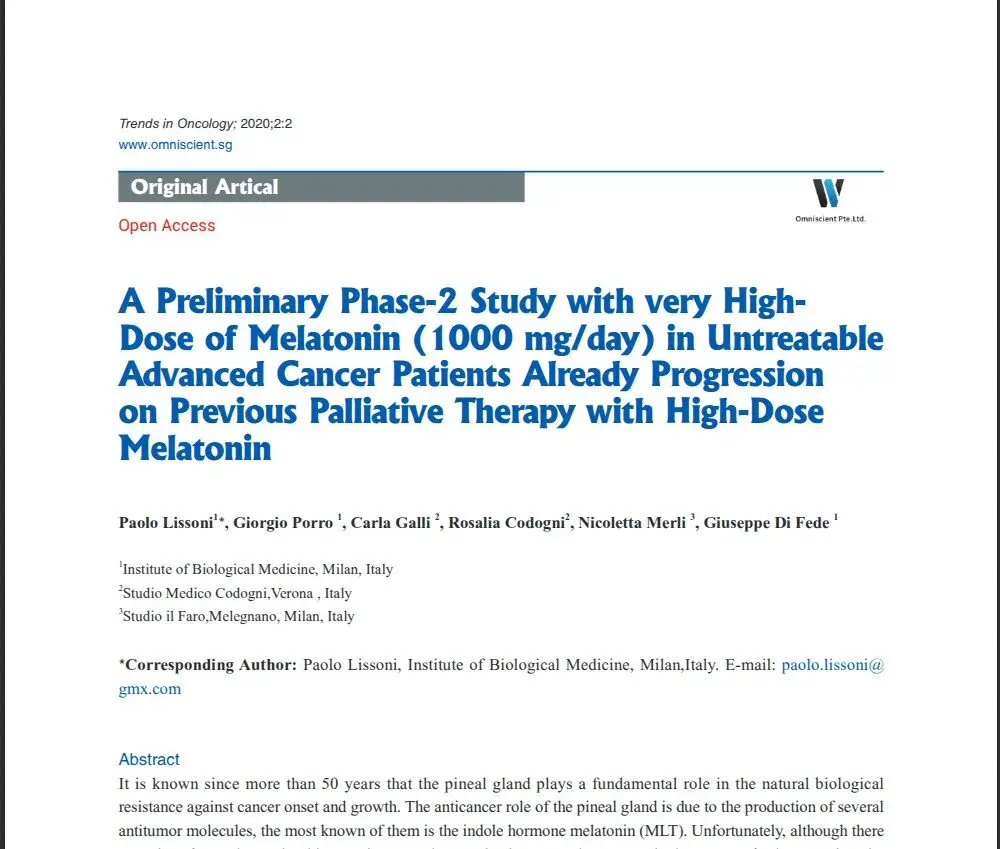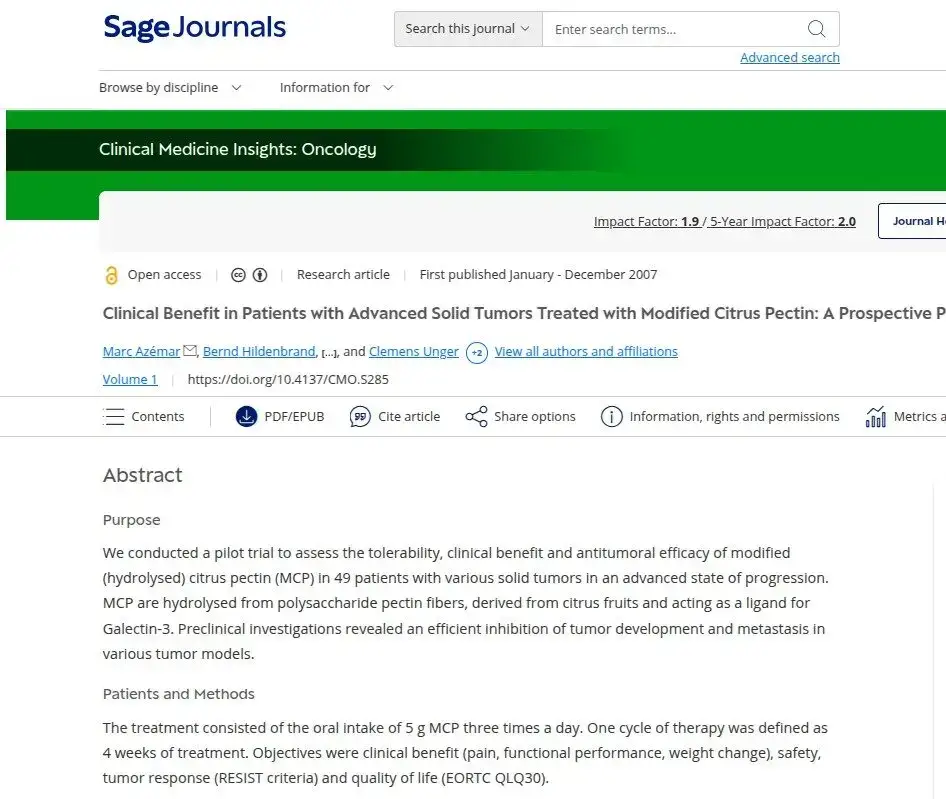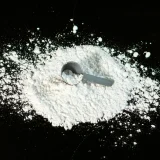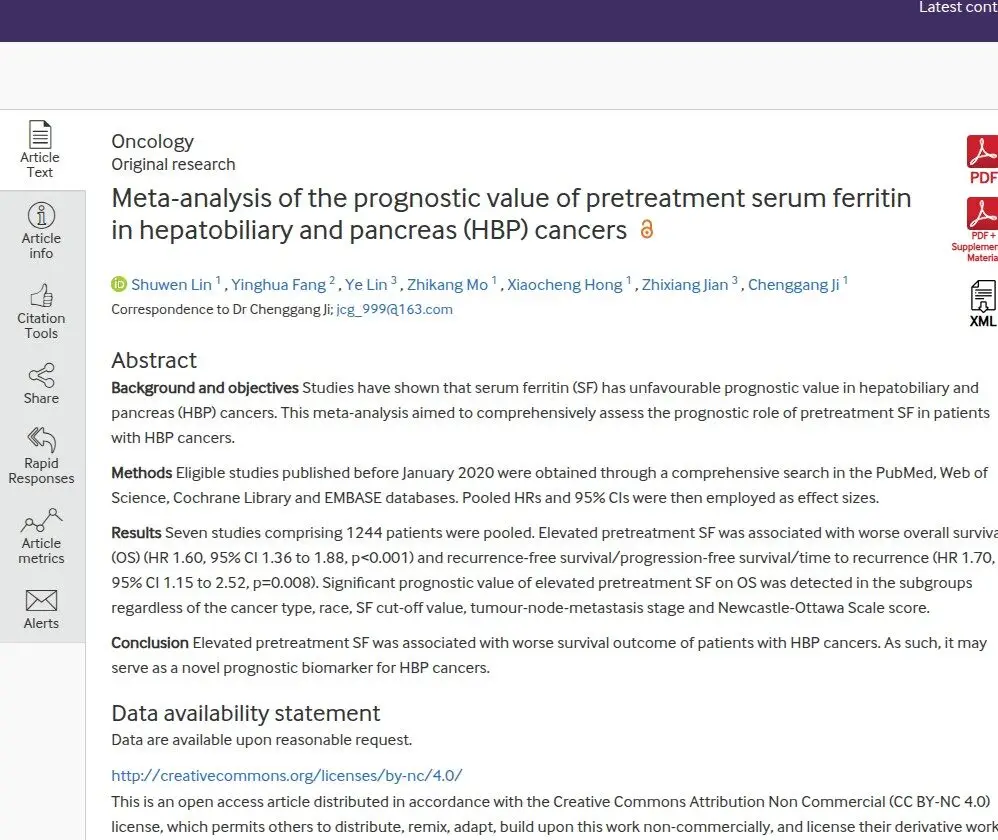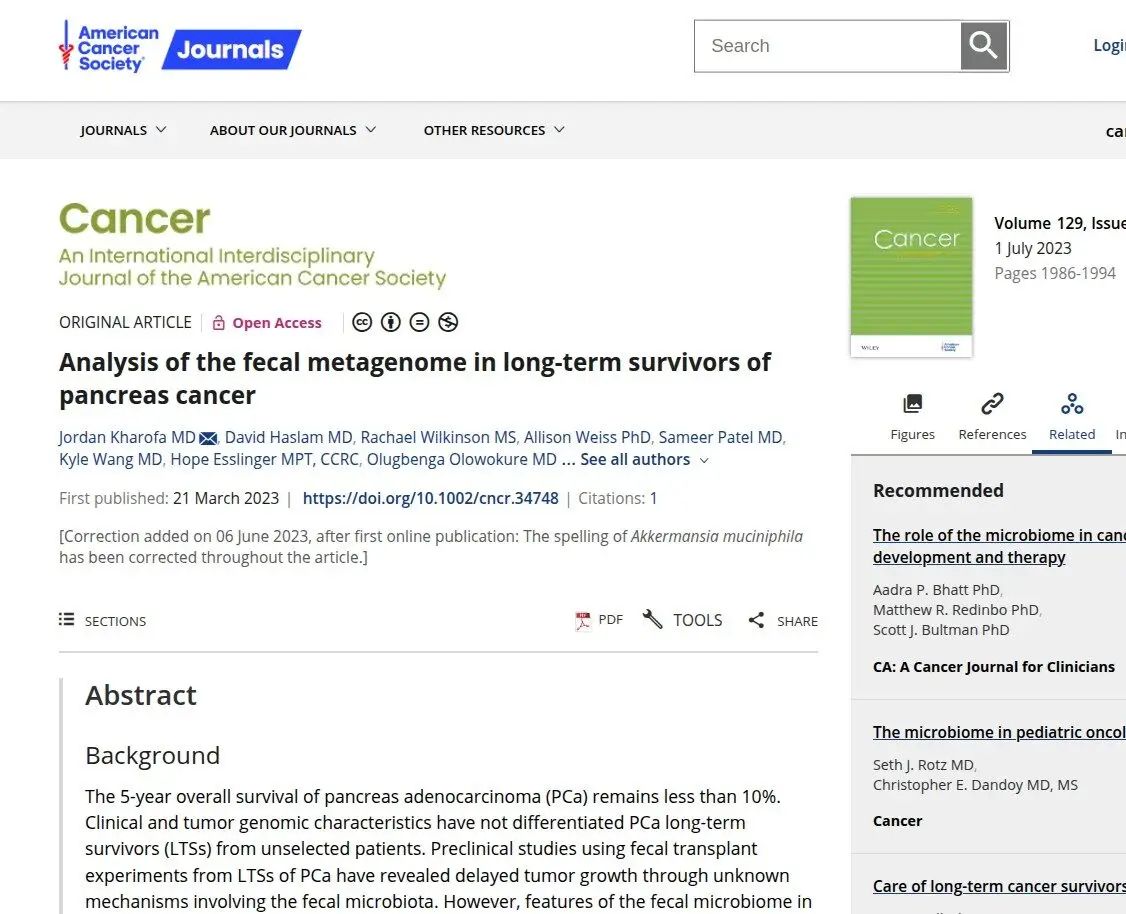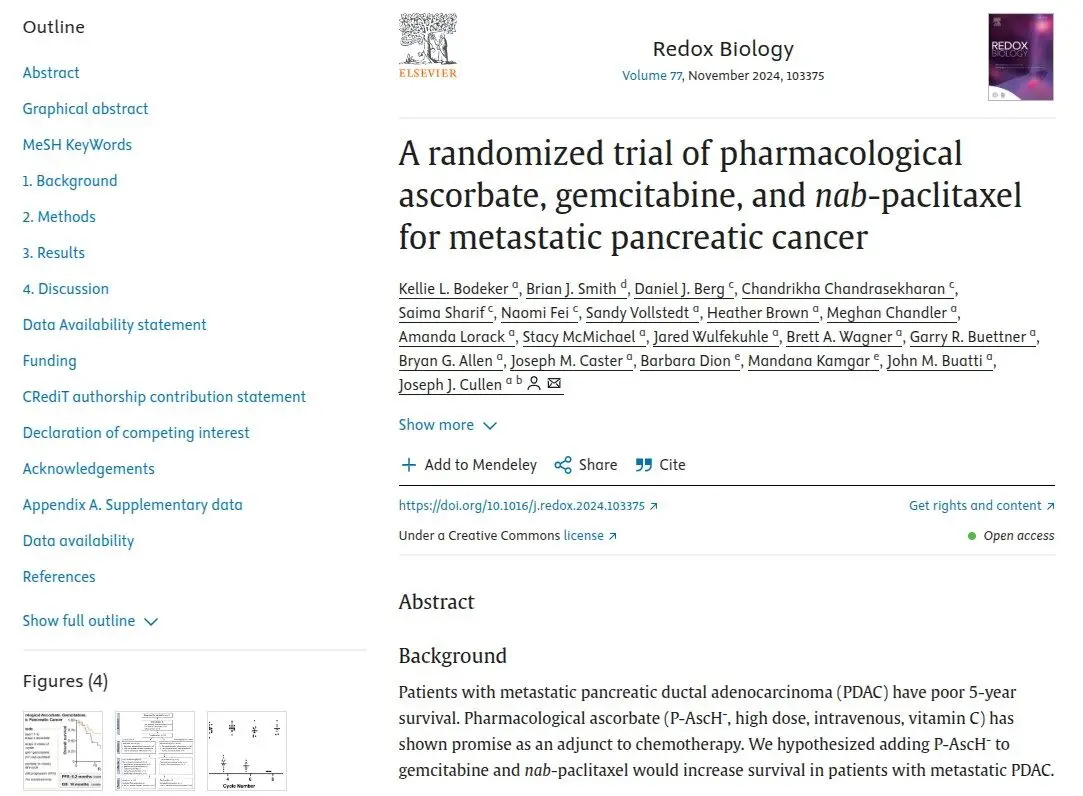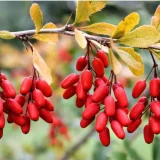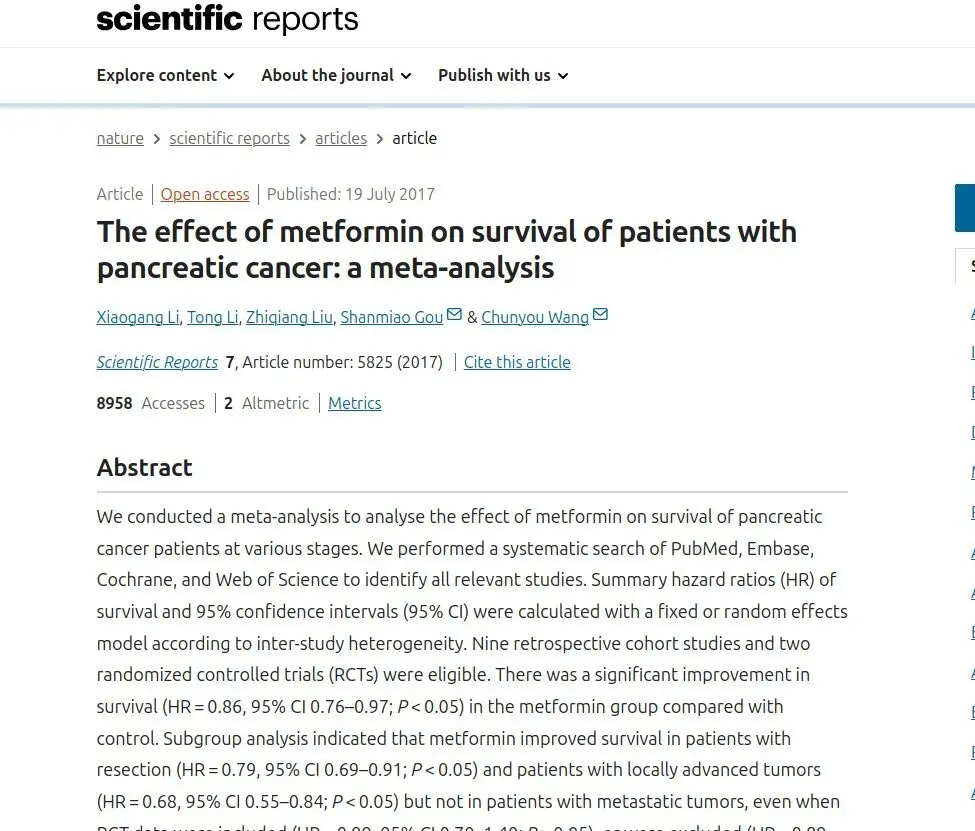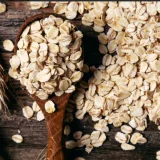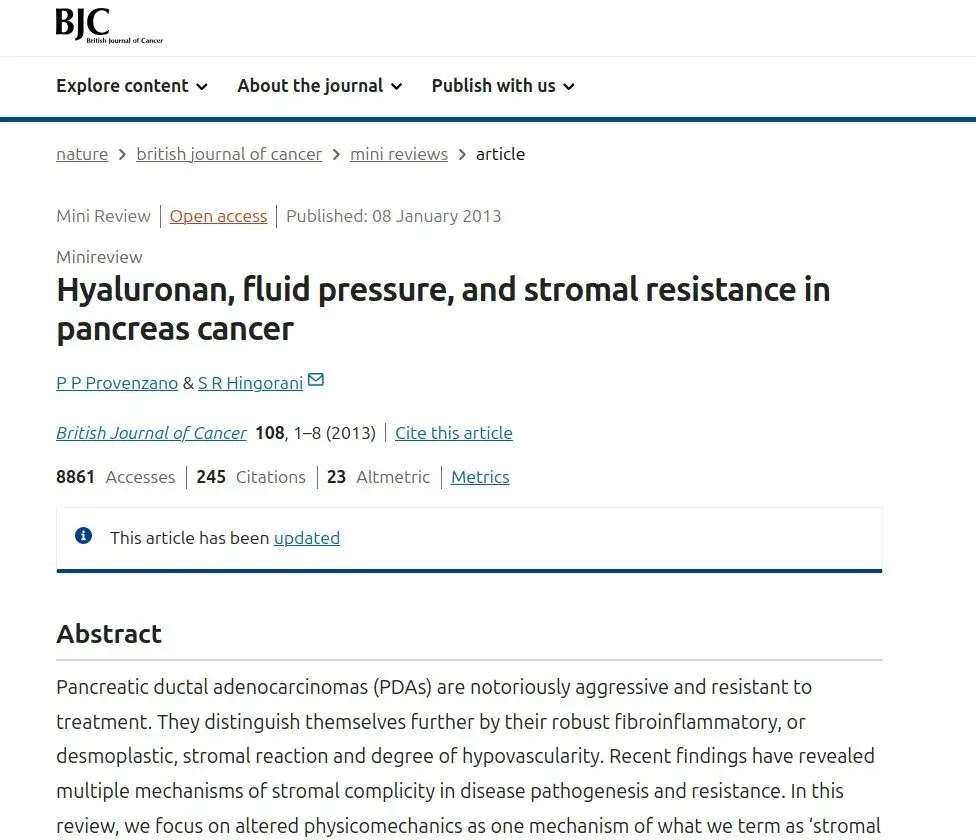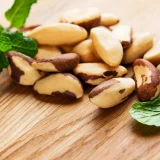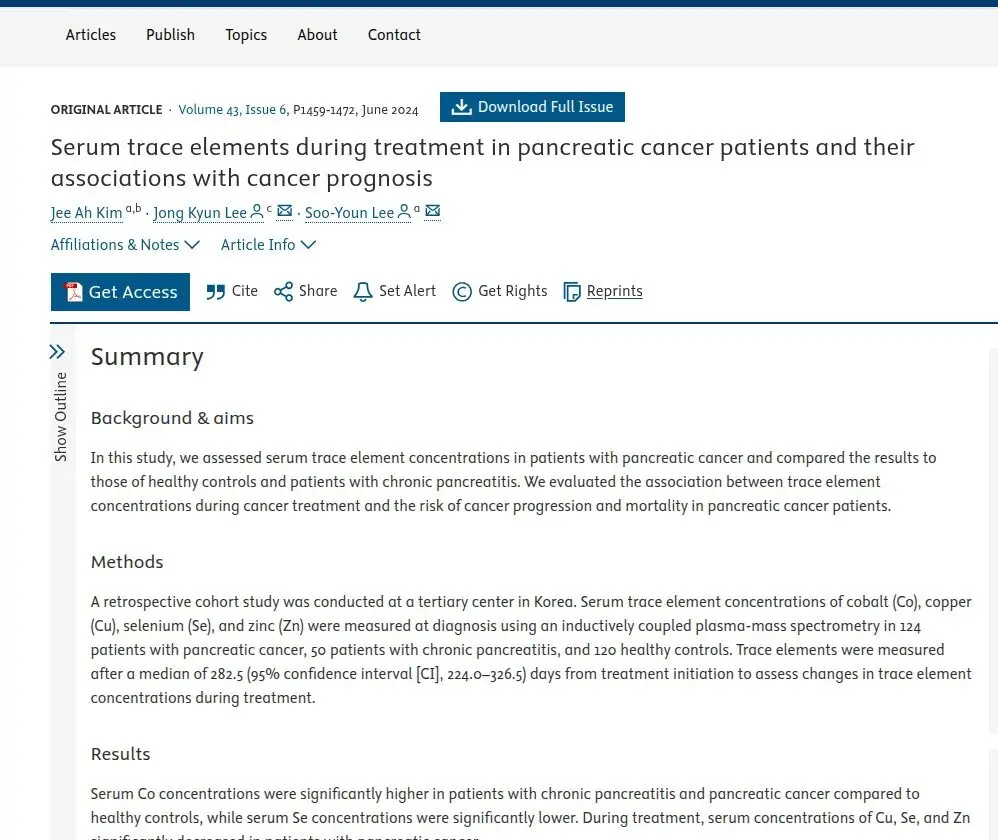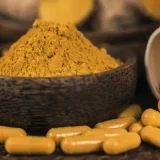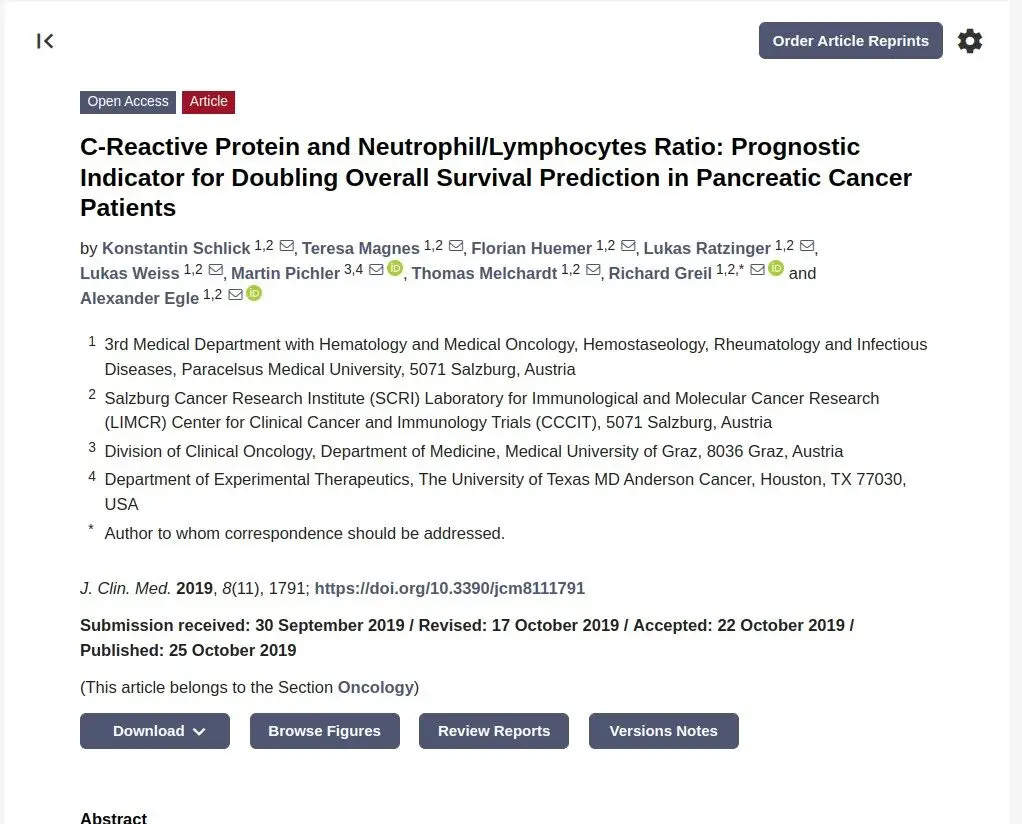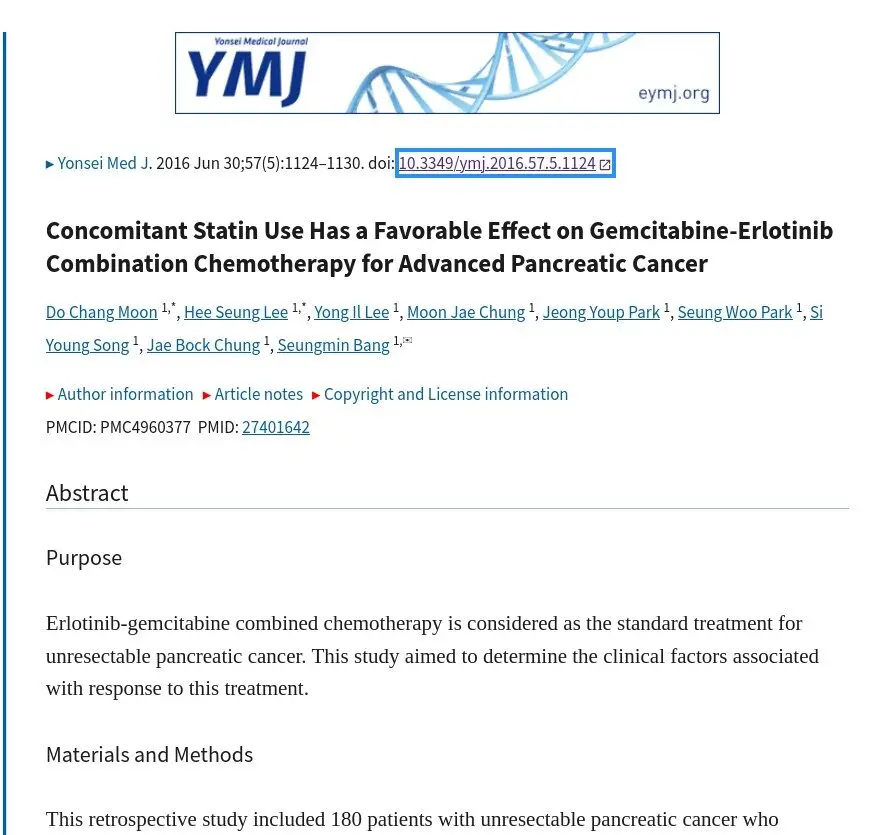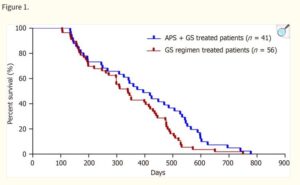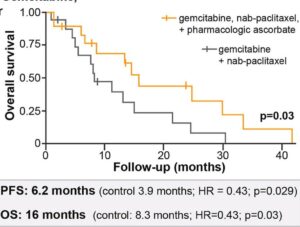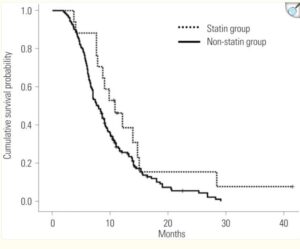Antihistamines are reported from case data analysis to slow down progression. A recent study of the national health database Tiawan shows remarkably increased response to oncology treatments, with similar results seen in other national scale analysis. Histamine levels are frequently reported to increase cancer progression rates, and low histamine diet might also be worth considering. Similarly from patient data, use of low dose aspirin during treatment, including resection, has shown very similar improved outcomes, and equally large suppression of metastatic spread. Also frequently reported in patient case data are the beneficial effects of higher vitamin D3 levels, deficiency is significantly associated with weaker prognosis, in other cancers relatively higher doses are reducing risk levels in some patients.
Well proven astragalus extract supplements are added to chemotherapy treatments in a recent trial reporting both overall risk reductions and lowering of more serious side effects. This is explained by immune system recovery and balance. Rapidly emerging in trials for similar reasons are beta glucan extracts from mushroom or yeast sources. Recent phase II trials combine innovative electrical ablation therapies with sustained use of an over the counter yeast glucan. This pilot study reports excellent patient risk reductions, extended survival and much improved immune system activity. Several trials are ongoing including with widely available supplements.
Moderate to high dose melatonin has shown some fascinating effects in treatment relapsed patients and continues to be researched. Melatonin is frequently reported to reduce side effects of oncology or other drugs and has no known side effects of its own even at 1g daily. Also in high doses, vitamin C in drop form has many years of research in integrative cancer therapy. Recently, phase II trials have shown a doubling of relative overall survival times in stage IV pancreatic cancer patients. Other trials with addition of anti-diabetic drug metformin have shown reduced progression rates during advanced stages. Berberine might be a natural anti-diabetic alternative, which also has positive metabolic health effects including reducing the activity of fatty acids, fat molecules often seen fueling tumor growth. Another supplement able to both lower progression including at advanced stages, as well as improve side effects, is citrus pectin. And, especially combined with alignates from seaweeds it has evidence of reducing excess heavy metal levels such as copper.
Well studied in anti-aging science is prebiotic class supplement, lactoferrin. Studies during chemotherapy that report significant reductions in the side effects of chemotherapy with lactoferrin. To fuel rapid growth cancers often increase iron metabolism seen in both circulating and locally stored ferritin at tumor sites. At the same time iron deficiency is common in pancreatic cancer, and linked to poor prognosis. Lactoferrin binds iron in the gut and increases iron balance, both reducing any deficiencies and re-regulating iron metabolism.
Like other solid tumors, the physical build up of internal pressure increases both its growth and metastatic activity. Crucially, this can be a physical barrier to oncology drugs. Oat and egg based functional foods are in several trials for other cancers including brain tumors, that may diffuse this pressure. Thus allowing oncology drugs to penetrate more fully, while reducing important side effects related to inflammation including at tumor sites and in the gut. Also apparently helping chemotherapy response, ketogenic diets even without any calorie restriction are recently reported to reduce disease progression (see Lifestyle)
Systemic inflammation is linked with increased risks for progression, especially in later stages. Both acute type inflammatory responses measured by C-reactive protein, and immune system related neutrophil-to-lymphocyte ratios. Maintaining relatively lower levels of both make a substantial difference. Commonly used astragalus root discussed above has evidence of improving immune system balance and NLR while curcumin and other other functional foods including garlic can help bring down “classic” inflammation and CRP. The immune system inflammatory respone to cancer often leads not only to vitamin D3 deficiency, but also lowers levels of selenium and zinc. Both are related to higher risk of progression. Developing trials in kidney cancer of high dose selenium are reporting improved outcomes for some patients, by increased oncology drug effects, which are of interest too
The so called Th1/Th2 immune system balance is strongly linked to the progression and to treatment resistance. It is often dysregulated in pancreatic cancer tumors. Molecular iodine solutions are emerging in this area in breast cancer management and seen boosting Th1 anti tumor activity and helping suppress over active Th2 used in resistance. The has improved results in surgery plus chemotherapy (see Supplement Library).
Statin users are frequently reported to have slower disease progression in many studies of patient data, and that includes examples in pancreatic cancer especially in early stages. Effects for some patients are quite large, and clearly a subgroup of patients is able to derive significant benefits from statin use, red yeast rice supplements are the natural alternative where a prescription is lacking
In a few cases immunotherapy may be used, in which case there are some new studies in other cancers showing the importance of naturally high sodium levels. Similar data exists for inosine Also emerging from anti aging science, keto type protein called alpha ketogluratare. (see Supplements Library). There are also reports of better responses for morning therapy.
In repurposed drug trials, the combination of etodolac and propranolol is showing promise and recent preliminary findings with SGLT2i, dapagliflozin, as well as hydroxychloroquine (see Repurposed Drugs)



